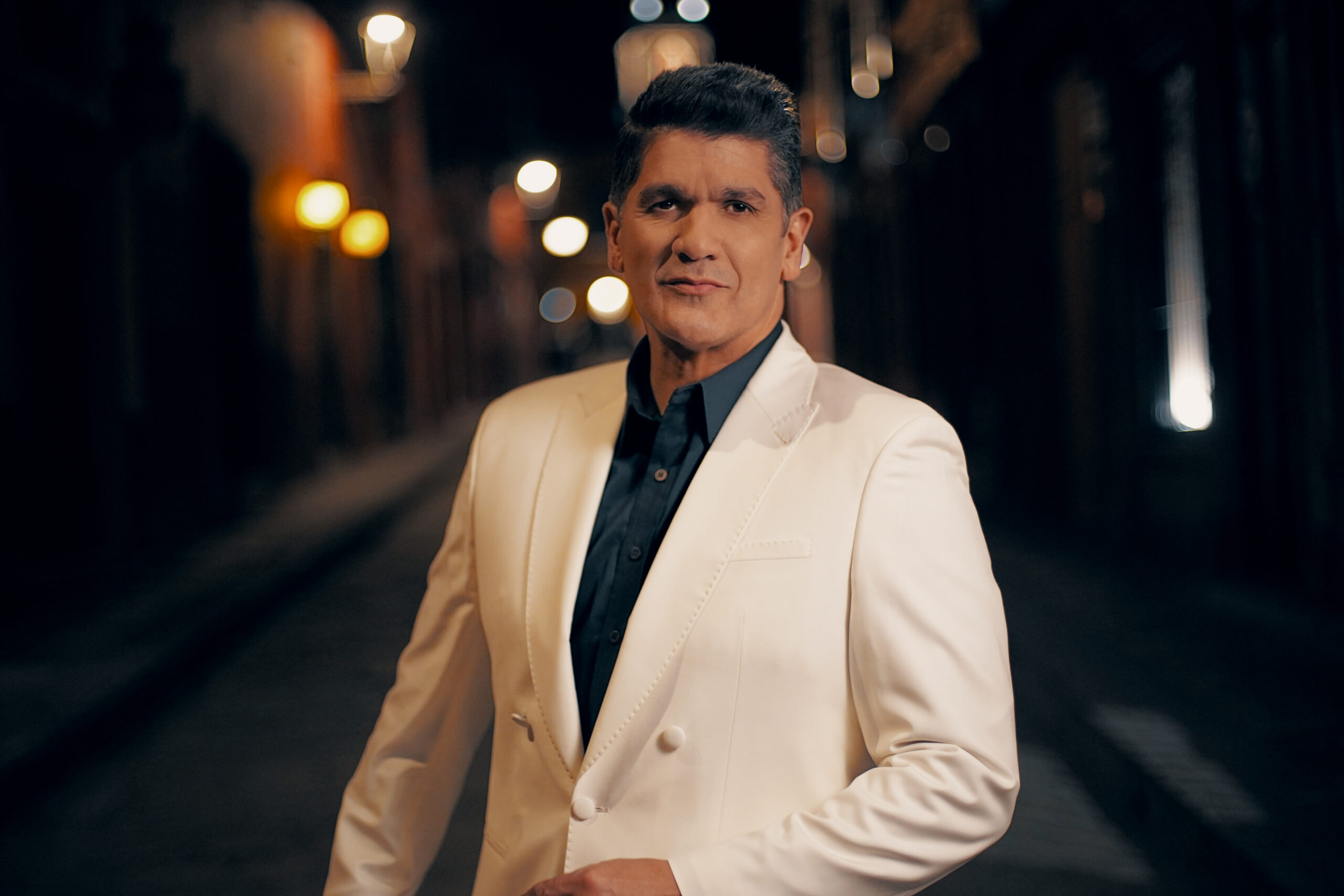




J&N Music Group ofrece a sus artistas aliados diferentes y variadas opciones comerciales para lograr el éxito esperado. Adicionalmente la compañía se asegura de que los cantautores tengan a su alcance los recursos humanos y técnicos para alcanzar en cada producción la excelencia musical.
Algunos de los artistas con los que J&N Music Group ha trabajado a lo largo de estas cuatro décadas son: Frank Reyes, Monchy & Alexandra, Zacarías Ferreira, Raulín Rodríguez, Alex Bueno, Tito Rojas, Johnny Ventura, Milly Quezada, Willie Rosario, Kinito Méndez, Zafra Negra, Junior Gonzalez, Rikarena, La Máquina, Zacarías Ferreira, Luisito Ayala y la Puerto Rican Power, entre muchos otros.